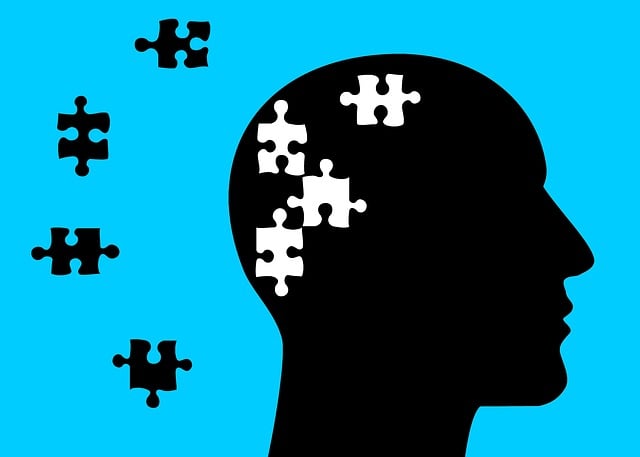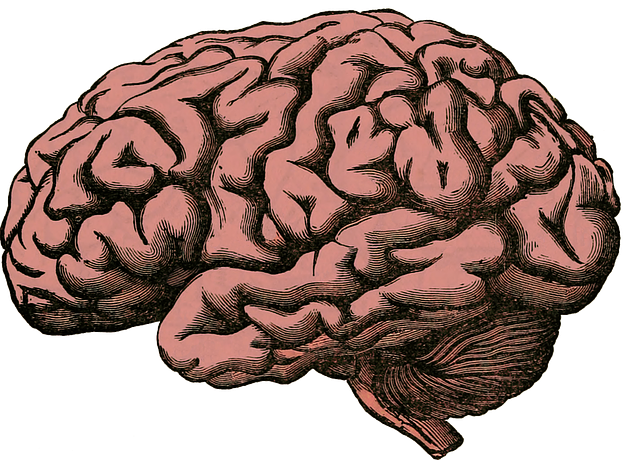Coping skills are essential for children's mental health and well-being. Therapy, combined with psychological testing, equips kids with tools to manage stress, anxiety, and depression. Through tailored interventions, cognitive-behavioral therapy, compassion cultivation, and family involvement, professionals foster resilience and positive thinking. These strategies not only address current challenges but also prepare children for future mental health issues, fostering growth into resilient adults.
In today’s fast-paced world, fostering healthy coping skills in children is essential for their well-being. This article explores various strategies to enhance resilience, offering a comprehensive guide for parents and professionals. We delve into ‘Understanding Coping Skills’ as the cornerstone of childhood development, followed by an analysis of ‘The Role of Therapy’ in teaching adaptive strategies. ‘Psychological Testing’ is examined as a tool to uncover hidden strengths and needs, leading to tailored support. Additionally, we provide practical tips for creating a nurturing environment conducive to effective coping skills development and powerful tools for therapists facilitating change through therapy for children.
- Understanding Coping Skills: A Foundation for Children's Well-being
- The Role of Therapy in Teaching Coping Strategies to Kids
- Psychological Testing: Unlocking Children's Resilience and Needs
- Creating a Supportive Environment for Effective Coping Skills Development
- Practical Tools and Techniques for Fostering Healthy Coping in Children
Understanding Coping Skills: A Foundation for Children's Well-being

Coping skills are essential tools for children to navigate life’s challenges and maintain their emotional well-being. Understanding these skills is fundamental in therapy for children, as it forms a robust foundation for their overall mental health. Through psychological testing and assessment, professionals can identify areas where a child might struggle and design tailored interventions. The process involves equipping them with strategies to cope with stress, anxiety, or even depression prevention techniques, fostering resilience from an early age.
By incorporating stress management workshops and organization techniques, children learn to approach difficult emotions constructively. Encouraging positive thinking is another vital aspect, helping young minds reframe negative thoughts and build a more optimistic outlook. These coping mechanisms not only assist in the present but also prepare children for future mental health challenges, ensuring they grow into resilient adults.
The Role of Therapy in Teaching Coping Strategies to Kids

Therapy plays a pivotal role in teaching coping strategies to children, offering a safe and supportive environment for them to process emotions and challenges. Through specialized therapy sessions, children can learn effective techniques to manage stress, anxiety, and even signs of depression. Psychological testing is often employed by therapists to assess a child’s emotional well-being, identify any underlying issues, and tailor coping strategies accordingly. This personalized approach ensures that kids develop age-appropriate skills to navigate life’s hurdles.
For instance, cognitive-behavioural therapy (CBT) is commonly used to help children identify and change negative thought patterns, thereby reducing anxiety and improving their overall mental health. Additionally, compassion cultivation practices, integrated into therapy sessions, teach children empathy and kindness towards themselves and others, fostering a sense of resilience and well-being. The Healthcare Provider’s role expands beyond diagnosis; they guide kids and their families through the therapeutic journey, promoting cultural competency training to ensure inclusive and effective care.
Psychological Testing: Unlocking Children's Resilience and Needs

Psychological testing plays a pivotal role in understanding children’s mental health and fostering effective therapy for children. Through carefully designed assessments, professionals gain valuable insights into a child’s cognitive abilities, emotional resilience, and underlying needs. This process is instrumental in tailoring interventions to support their unique challenges. By unlocking these aspects, therapists can create a supportive environment that nurtures growth and helps children develop essential coping skills.
The outcome of psychological testing reveals not just a diagnosis but also the child’s strengths and areas for improvement. It highlights their capacity for resilience, enabling therapists to integrate mind over matter principles in therapy sessions. Moreover, these assessments facilitate the introduction of compassion cultivation practices, which have been shown to enhance emotional well-being and build lasting coping strategies.
Creating a Supportive Environment for Effective Coping Skills Development

Creating a supportive environment is paramount for effective coping skills development, especially in children. This involves fostering a sense of safety and trust where they feel comfortable expressing their emotions and thoughts without fear of judgment or repercussions. Through therapy for children, mental health professionals can offer a structured space tailored to their age and developmental stage, utilizing psychological testing to assess individual needs. Crisis intervention guidance plays a crucial role in this process by teaching them immediate coping strategies to manage intense feelings.
A holistic approach should also consider the family unit as a significant influencer on a child’s emotional well-being. Involving parents or guardians in therapy sessions and providing them with tools and resources can create consistency and reinforcement at home. This, coupled with advocacy for mental health policy analysis and advocacy, ensures that children receive the necessary support not just in therapeutic settings but also within their communities, ultimately contributing to better long-term coping skills development.
Practical Tools and Techniques for Fostering Healthy Coping in Children

In fostering healthy coping skills in children, practical tools and techniques play a pivotal role. Therapy for children, incorporating evidence-based practices, offers a structured framework to navigate emotional challenges. Psychological testing helps identify specific areas where a child might need support, enabling tailored interventions. Mental wellness journaling exercise guidance, for instance, can teach children how to process their feelings and thoughts effectively. By jotting down experiences, they gain clarity, learn from emotions, and develop strategies to cope with stress. Additionally, public awareness campaigns development around mental health issues can destigmatize discussions, encouraging open conversations about emotional well-being.
Beyond therapy and psychological testing, resilience building is a cornerstone of healthy coping. Engaging in activities that promote mindfulness, such as deep breathing exercises or creative outlets like art and music, helps children regulate their emotions. Public awareness campaigns can further enhance these efforts by providing guidance on resilience-building techniques and encouraging peer support. Through these practical tools, children acquire the capacity to face challenges head-on, fostering a sense of empowerment and emotional agility that will serve them throughout their lives.
Coping skills development is an essential aspect of fostering children’s well-being. By understanding their unique needs, parents and caregivers can create supportive environments that encourage healthy coping strategies. Psychological testing plays a crucial role in unlocking each child’s resilience and tailoring interventions, such as therapy for children, to address specific challenges. Integrating practical tools and techniques into daily routines empowers kids to navigate life’s hurdles with adaptability and resilience.








